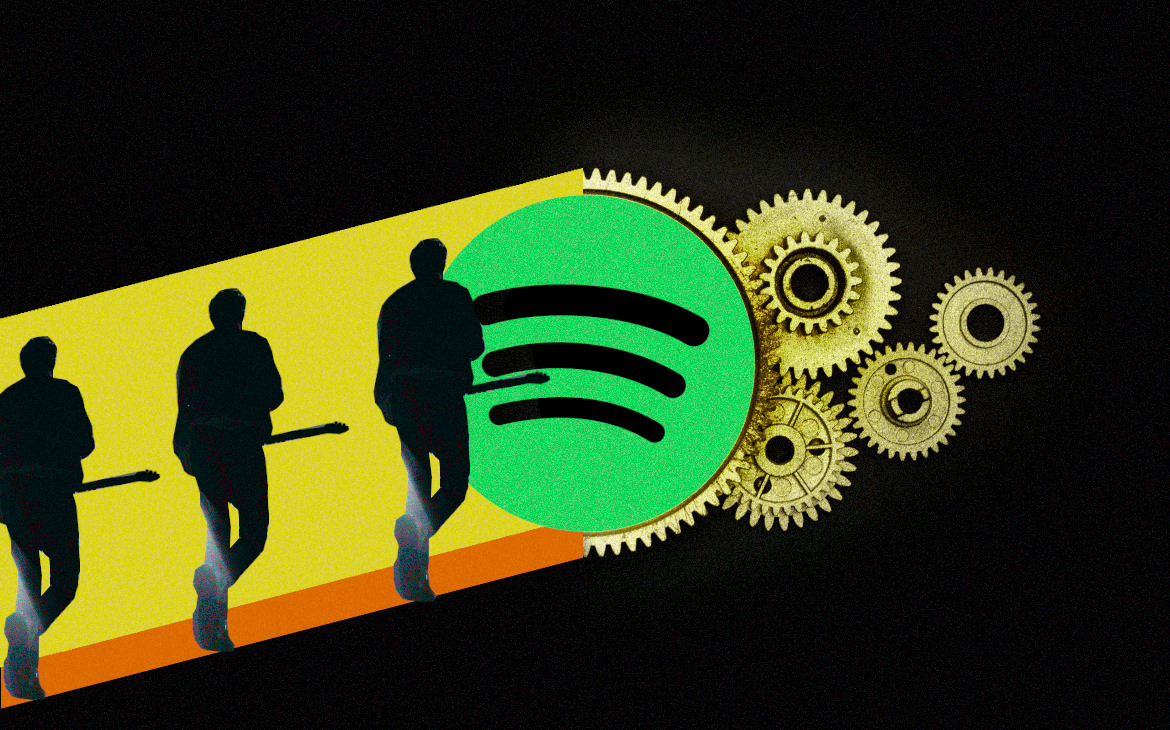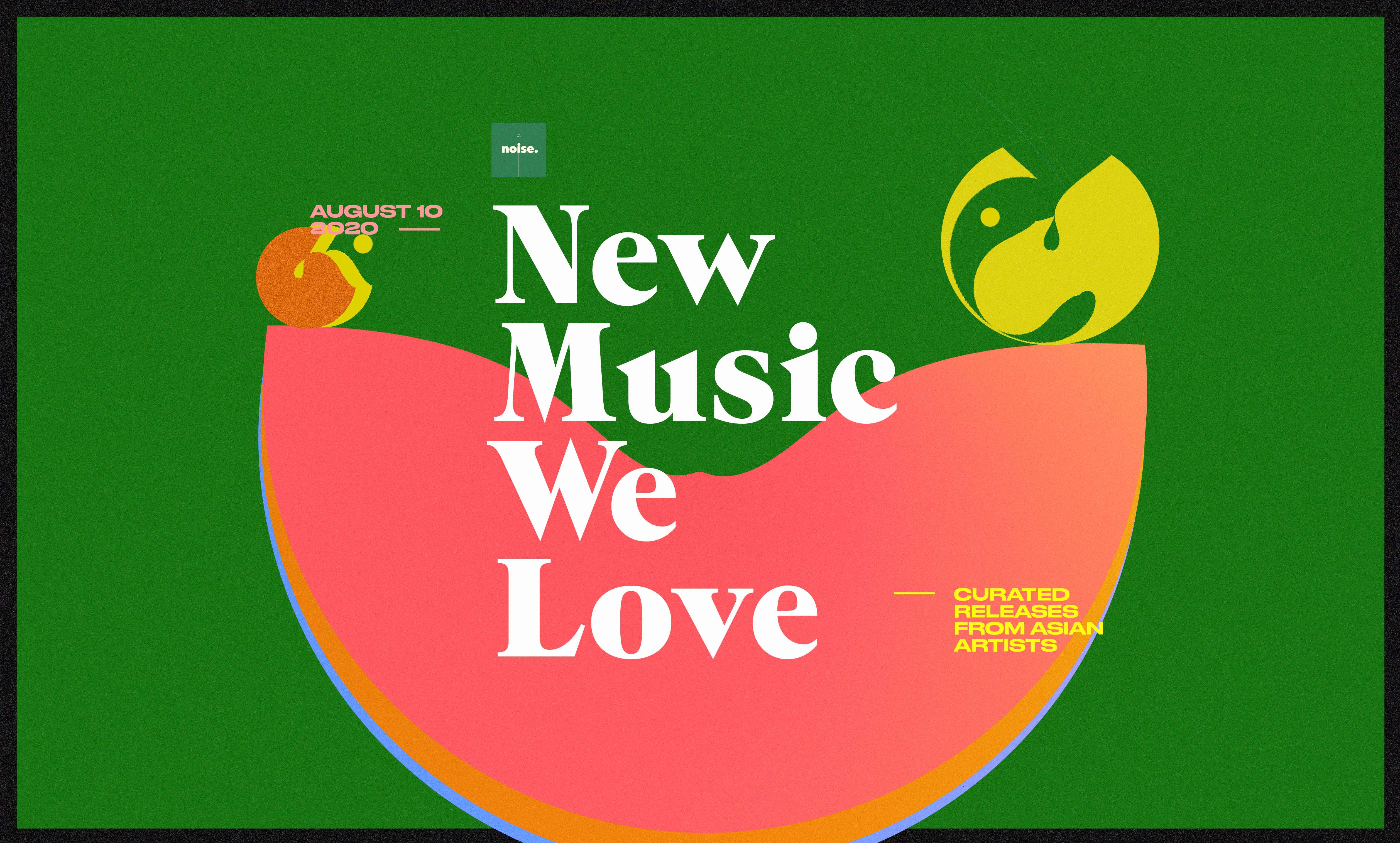Words by Aldus Santos
Illustration by MC Galang
Streaming killed the rockstar. Old news, I know. For the longest time, physical product seemed like a bulletproof proposition. It looked like it would stick around forever, like chocolate ice cream, or democracy. You and I both don’t need a rundown of changes in music-distro tech—we’ve all seen it, we’re all still in it—and in the case of streaming, it’s just another day at the office. There’s then and there’s now, and that’s just how it works. Physical has experienced Phoenician rebirths across different eras, each period a distinct bird with varying levels of glow. (Vinyl is that glow now, but that’s another discussion altogether.) And part of us is maybe thinking these regular deaths, protracted as they are, will eventually be interrupted by sunrise. Like clockwork. And you may protest, hey, the nights are nice, too.
But let’s be serious here.
Despite its many pluses, streaming is mostly a dark, cloudless night for music, its makers, and its devourers: the audio’s compressed, the listening experience homogenized, and the artists get peanuts. No, strike that. The artists get the shells of peanuts. And to top it all, this past week Spotify CEO Daniel Ek was widely quoted as saying the old mode of music-making, with artists churning an average of one record “every three to four years” (and the thinking that this is okay) somehow qualifies as a “narrative fallacy.” The man (net worth pegged at four billion dollars) was a treasure trove of dismissive, out-of-touch wisdom, going on to say that success is now predicated on more frequent releases via his service. I’m not so much bothered by this failure of empathy (because really, who needs art?) but the finger-wagging, know-it-all-ness of the flawed rhetoric.

Music is art, but first it’s labor. It straddles both knowledge economy and cultural enterprise, sure, but principally it’s work. Guitars are plucked, vocal muscles worked out, drums pounded. And Ek’s platform, along with others like it, are ultimately real estate, and this parasitic trade akin to digital fiefdom. It needs to be said though that as a small artist, I say all of this in hands-up capitulation. I do acknowledge the virtues of the medium—convenience, immediacy, breadth and reach, the eradication of physical waste—but also feel it’s a moral obligation to combat its inequitable elements. It’s funny, I know: this grumbling and harrumphing while staying absolutely still. The way I see it, you either shrug off the landlord’s sinister ways, or you find yourself in the street.
Music is art, but first it’s labor. It straddles both knowledge economy and cultural enterprise, sure, but principally it’s work.
Or, if you want to be ironic and fabulist about it, the artist is like the homeless housebuilder depicted in Gary Granada’s “Bahay.” A leper in the very church he built with his own hands.
I have no interest in mapping out amounts and ratios of payouts. I’m also not prepared to roll out a labyrinthine discussion of rights (mechanical, performance, publishing) although, don’t get me wrong, the math is the very crux of the debate. Semiotically, the place where the decimal point lies is, also, where your valuation of art lies. It’s literal, and it’s black-and-white. To my mind, since we’re talking numbers, it’s not so much the sum but the quotient, as well as the long division it takes despite (and perhaps because of) itself. Daniel Ek is not asking for the axis to stop spinning around the craftsman; he just wants that axis to spin a bigger circle to make a complete revolution. In short, he wants the artist’s journey to compensation to take longer. Much longer. This is an entire war being fought for chump change.
Much of the hatred Ek’s statements invited was, I would guess, predicated on his remove from artistic reality. And in this pandemic, with touring and all tactile labor rendered impossible, the focus has rightfully pivoted towards fairer payouts for intellectual property. “It is about putting the work in,” Ek says while prescribing “continuous engagement.” In other words, put out more stuff and be an insufferable, pesky pushover. It’s no wonder David Crosby brushed him off as “an obnoxious greedy little shit.” A legendary tunesmith and a walking paradox (Hell’s Angels looks, cherubic pipes), Crosby confessed to missed opportunities this year that might drive him to sell guitars, and eventually his home, should the virus continue ridding him of jobs. There’s something patently obscene with that picture, because his songs—no, his works, because again, they are products of labor, and with The Byrds and CSNY nonetheless—are still being heard, sung, and enjoyed. And we all know where.
He may have helped build it, but no sir, it’s not his house. Not anymore.






